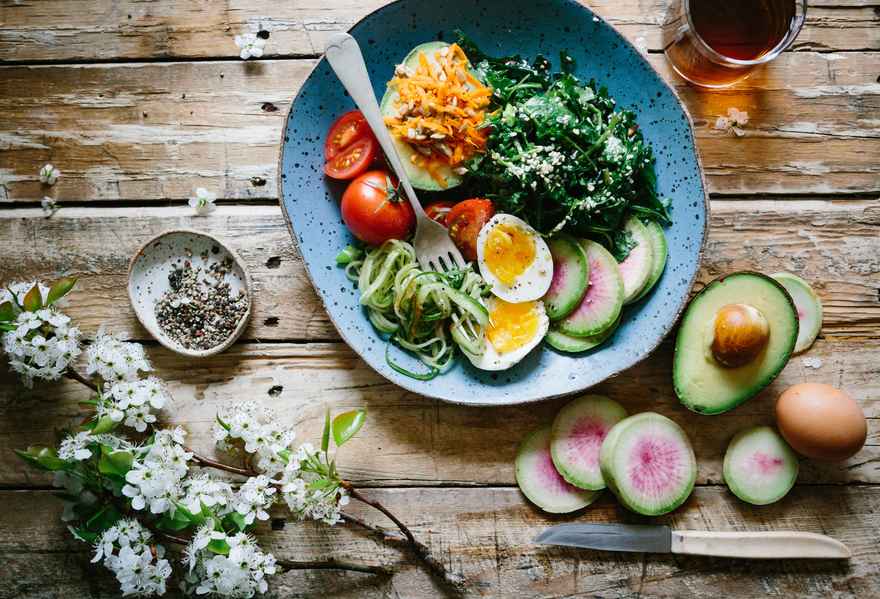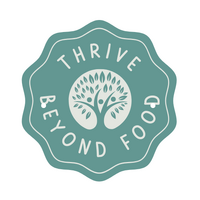
I have a little assignment for you today that might lead you to a delicious weekend project!
Go into your kitchen and look inside your pantry … and then open up your fridge and take a look in there, too.
What’s inside can make a BIG difference in how you age.
A lot of times people talk about what you SHOULDN’T eat – like sugar, processed foods, etc. – because they are linked with a higher risk of disease.
BUT there are actually foods that help FIGHT a major factor in aging. Plus, they can reduce aches and pains.
There’s a process in your body that plays such a huge role in aging that it’s actually been called “inflammaging” – inflammation + aging.
- Research shows a key sign of aging is having more inflammatory markers in your bloodstream.
- Inflammation is your body’s immune response to toxins as it tries to remove them from your system.
- It can cause aches and pains – and over the long term it can actually trigger chronic diseases like diabetes, heart disease & strokes, mood disturbances, and it’s even linked with Alzheimer’s!
- Low-grade inflammation is highly influenced by your gut microbiome … and by what you eat!
Science shows that changing your diet to include more anti-inflammatory foods can help slow, stop, or maybe even REVERSE low-grade inflammation.
Here’s your anti-inflammatory food checklist:
- Veggies – a colorful array that includes tomatoes & leafy greens
- Fruits – strawberries, blueberries, oranges, etc.
- Nuts – tree nuts (walnuts, almonds, etc.) are a good source of healthy fats
- Fish – especially fatty fish (like salmon) that contain omega-3 fatty acids
- Whole grains – contain important vitamins and fiber
If you don’t have many of those foods in your kitchen, think about adding them to your grocery list for this weekend!
Together, these foods provide antioxidants, fiber, omega-3 fatty acids, prebiotics, and polyphenols to help your body function optimally.
Another possible add-on that research shows might help: probiotics – but be sure to talk to your doctor or pharmacist about supplements before you add them to your routine!
As you can see, it’s not only what you don’t eat that matters for your health – it’s also what you DO eat!
We’re all about creating REAL sustainable transformation and change.

Comments